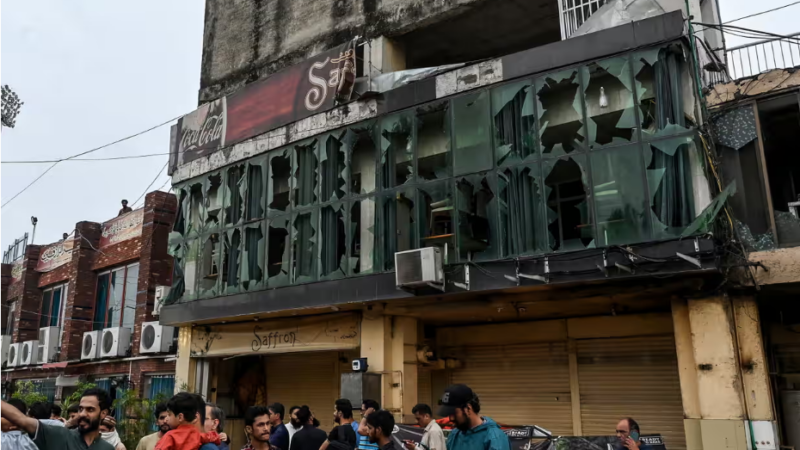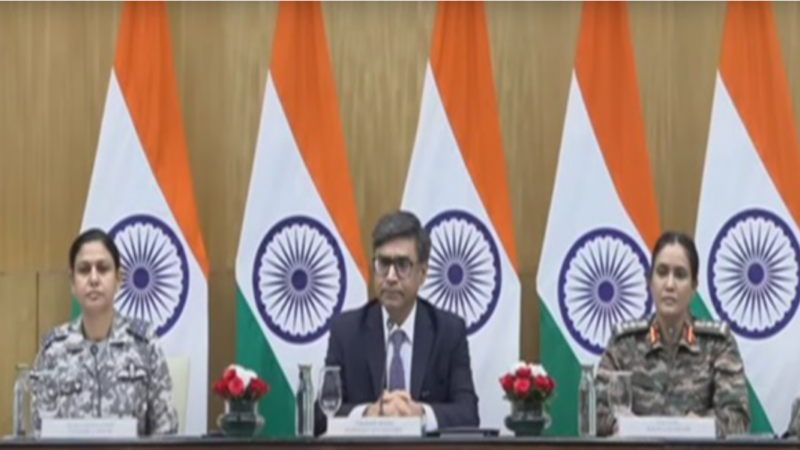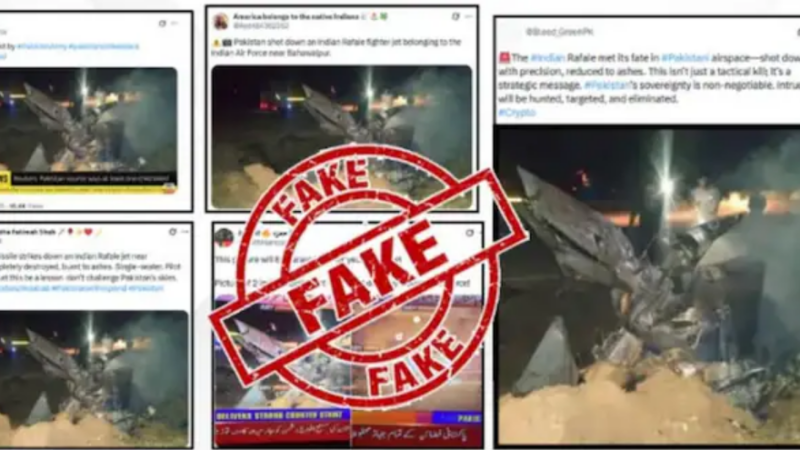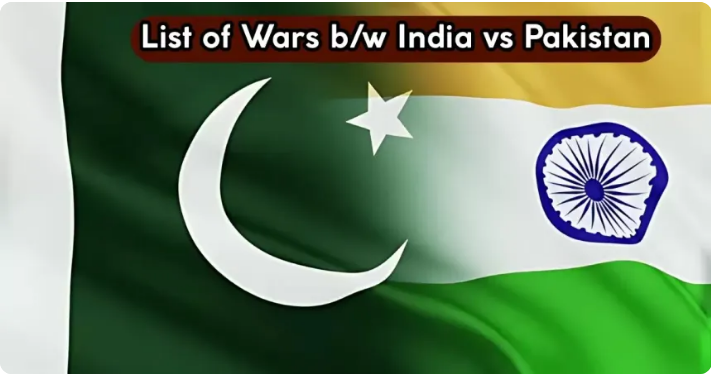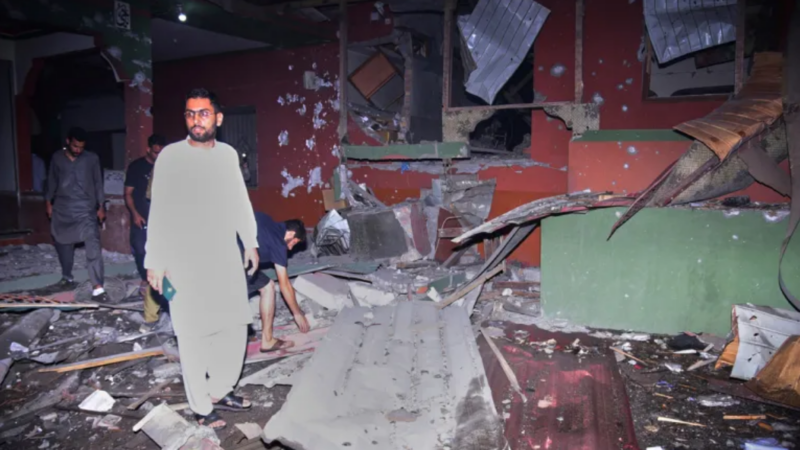Unite in Opposition to Terrorism
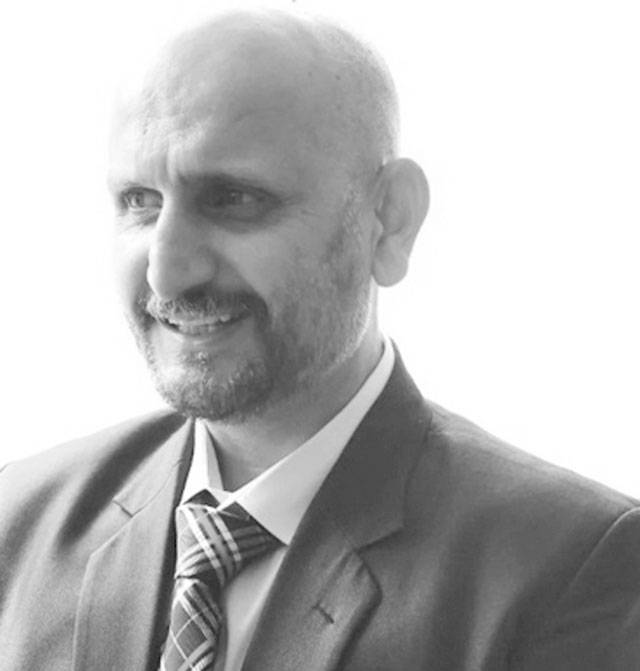
The Tehrik Taliban Pakistan has initiated a new wave of terrorist activities within Pakistan, receiving support from Afghan soil. Afghan citizens have notably participated in these acts, and the Tehrik Taliban Pakistan perceives itself as more robust and ideologically fortified following the establishment of the Taliban government in Afghanistan. A recent suicide terrorist attack in Bannu, carried out by an Afghan national, provides evidence of Afghan involvement in terrorist activities in Pakistan. Hostile agencies, such as RAW, exploit this situation by funding the Tehrik Taliban Pakistan and facilitating their activities. Pakistani law enforcement agencies are responding resolutely to the ongoing wave of terrorist activities, displaying a firm commitment to eradicating this menace. In pursuit of this goal, they are prepared to bear any cost, even sacrificing their lives to secure the future generations. The dedication of these law enforcement personnel is underlined by the understanding that their sacrifices will not be in vain. A thriving and prosperous Pakistan will be the ultimate reward for their unwavering efforts and contributions. Both officers and soldiers are actively engaged in the fight against terrorists, demonstrating equal fervour and determination in their mission.
Law enforcement agencies are effectively thwarting terrorist designs by preventing the execution of planned acts. In instances where terrorism incidents have occurred, the personnel, considered as sons of the soil, have swiftly traced the culprits, facilitators, and masterminds. These individuals are promptly apprehended and brought to justice, serving as a deterrent and setting an example for others. The quick and decisive action by law enforcement not only prevents further acts of terrorism but also sends a strong message that such activities will be met with swift and stringent consequences. The counter-terrorism departments of all provinces, in collaboration with the Pakistan Army, have made commendable contributions in addressing the terrorism threat. Their joint efforts and coordinated actions have played a crucial role in curbing and responding to terrorist activities. This collaborative approach ensures a comprehensive and unified strategy to counter the complex challenges posed by terrorism.
In contemplating the ongoing efforts against terrorism, a critical moment of introspection beckons, prompting us to grapple with fundamental questions. Firstly, we must ponder whether the war against terrorism unfolds solely between the terrorist factions and the valiant forces of the Pakistan Army, police, and other law enforcement agencies, or if it extends beyond—a conflict involving the entire nation. The intricacies of this struggle compel us to broaden our perspective, recognising that terrorism jeopardises not just the security apparatus but the very essence of society. As we delve deeper into this introspective journey, a second question emerges—a pivotal query that delves into the heart of our collective resolve. Can we truly succeed in defeating terrorists if civil society and the nation at large remain mere spectators in this complex narrative? This inquiry forces us to confront the reality that the battle against terrorism demands more than just the strategic manoeuvres of the military and the vigilant watch of law enforcement. It necessitates the active participation and collaboration of every segment of our society.
The counter-terrorism landscape is an arena where the synergy between security forces, civil society, and the nation’s diverse institutions becomes paramount. The collaborative efforts of provinces, the Pakistan Army, and other law enforcement entities have undeniably played a commendable role in addressing the multifaceted challenges posed by terrorism. However, this narrative extends beyond the boundaries of security forces. It is a story that must include the entirety of society—a tale where each citizen, community, and institution contribute to the collective defence against the persistent threat of terrorism. Building on the theme of collective involvement, it becomes imperative for religious scholars to play a proactive role in denouncing terrorism, unequivocally declaring it as antithetical to the principles of Islam and the teachings of Prophet Muhammad (Peace be upon him). Their influential voices hold the power to shape public perception and influence minds, guiding the community towards a rejection of extremist ideologies. The Paigham-e-Pakistan message, with its emphasis on promoting peace, tolerance, and unity, provides a valuable framework for religious scholars to disseminate among the public. By actively endorsing and propagating this message, scholars can contribute significantly to countering the narrative that terrorists often manipulate to justify their actions.
This collaborative effort between religious scholars and academic figures reinforces the idea that countering terrorism is not merely a security concern but a shared responsibility that encompasses various facets of society. The intellectual and moral leadership of religious scholars, combined with the insights of academic scholars, can create a formidable alliance against extremist ideologies, fostering a culture of peace and understanding.
In essence, the success of our endeavours hinges not only on the prowess of the military and the efficiency of law enforcement but on the engagement and commitment of civil society. This involves fostering a culture of vigilance, promoting community resilience, and addressing the root causes of extremism through multifaceted initiatives in education, socio-economic development, and community building. Therefore, as we navigate the complex terrain of counter-terrorism, let it be a collective narrative—one where the nation rises together, recognising that the defeat of terrorism is not just a military victory but a triumph for every citizen, community, and institution that forms the vibrant tapestry of Pakistan.


